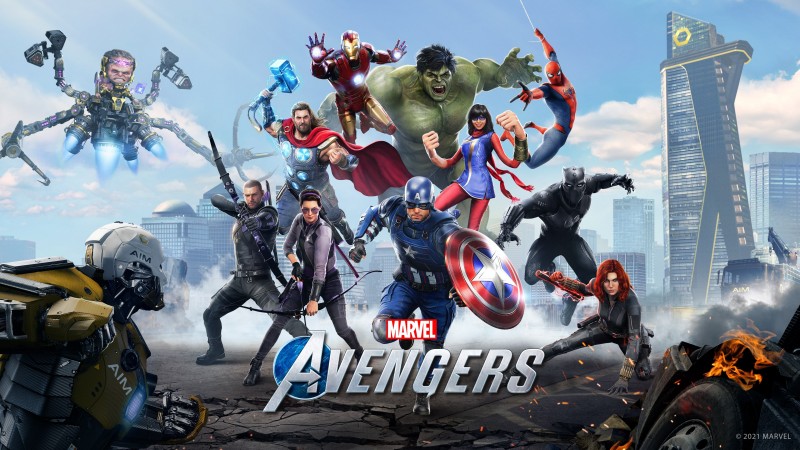In 2008, Robert Downey Jr. debuted as Tony Stark in Iron Man. Outside of being an excellent movie in its own right, Iron Man proved to be one of the most influential films of the 21st century so far, paving the way to the biggest film and TV franchise of the last decade and a half, the Marvel Cinematic Universe (MCU). The post-credits sequence of Iron Man served as a teaser for what was to come, as Samuel L. Jackson’s Nick Fury informed Stark that he was a part of a bigger universe.
At the time, “The Avenger Initiative” felt like a throwaway tease for something that would never happen (even for those involved in writing the scene), but films starring Captain America, Thor, and Hulk started building an unprecedented interconnectivity. Then, the announcement of the previously unthinkable: The Avengers. The 2012 film was one of the most anticipated of the year, but some worried it might be trying to manage too many moving parts. Too many plots. Too many superheroes. Too many superstars.
But it wasn’t. In fact, the five movies that preceded it (Iron Man 1 and 2, The Incredible Hulk, Thor, and Captain America: The First Avenger) did enough heavy lifting with the characters and storytelling conventions that The Avengers could home in on the parts that mattered. The Avengers was a huge success and, to this day, serves as a case study for how to build an interconnected movie universe.
While others have tried to do the same across various other media, few have succeeded at all, and none have succeeded in the way Marvel has. So it would stand to reason that when Marvel decided to devote more resources to its gaming division, it would know the best way to go about building a strong universe. We certainly got that sense from one of the earliest hits during the company’s gaming resurgence, Marvel’s Spider-Man. That 2018 title by Insomniac kept several plates spinning over the course of its fantastic narrative, balancing new twists on iconic heroes, villains, and storylines that fans of the web-slinger have come to intimately know over decades of adoration.
In stark contrast to the MCU’s approach with Spider-Man (which I also love), I was happy to have a video game series where Peter Parker – and eventually Miles Morales – were simply friendly neighborhood Spider-Men. However, following 2019’s incredible climax to the MCU’s Infinity Saga in Avengers: Endgame, I was itching for a gaming equivalent. Just over a year later, in 2020, we received Marvel’s Avengers from Crystal Dynamics. I enjoyed the single-player content for what it was, but I couldn’t help but feel that it seemed to not learn from the successful build Marvel’s film division experienced with the MCU.
Marvel's Avengers
Marvel's Guardians of the Galaxy
Marvel's Midnight Suns
Marvel's Wolverine
Untitled Black Panther Game
Skydance Marvel Project
Source: Read Full Article







